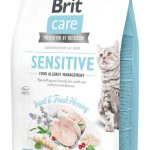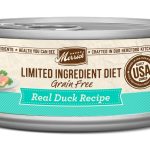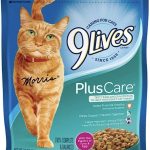Wet Food Causes Diarrhea In My Cat: Take Action For A Healthier Feline!
Wet Food Gives My Cat Diarrhea: Causes, Solutions, and Tips for Cat Owners
Introduction
Welcome, Cats Lover! If you own a feline friend, you’ve probably come across the issue of your cat getting diarrhea after consuming wet food. This can be a cause of concern for any cat enthusiast, as diarrhea can indicate an underlying health issue or dietary problem. In this article, we will explore the causes of why wet food gives your cat diarrhea and provide solutions and tips to help you address this issue. So, let’s dive in and find out how to keep your cat’s tummy happy and healthy!
2 Picture Gallery: Wet Food Causes Diarrhea In My Cat: Take Action For A Healthier Feline!
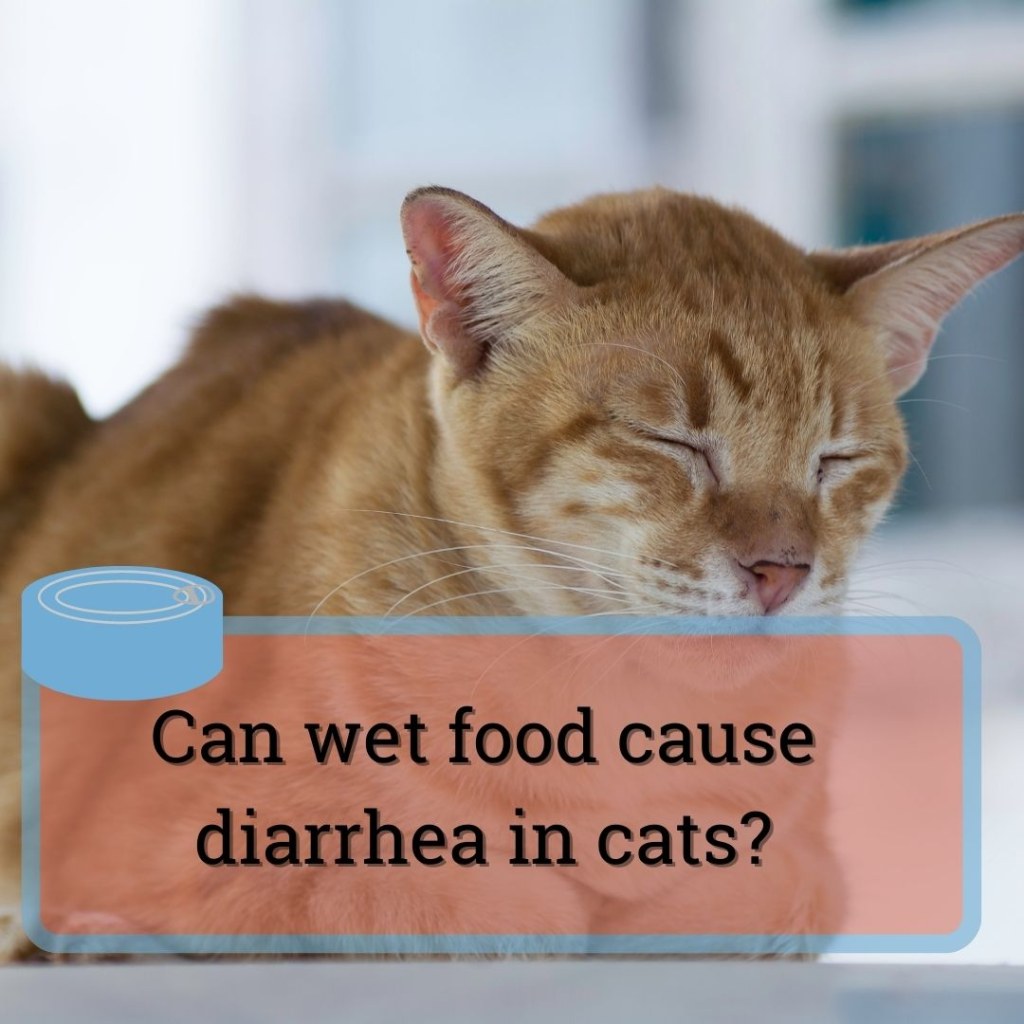
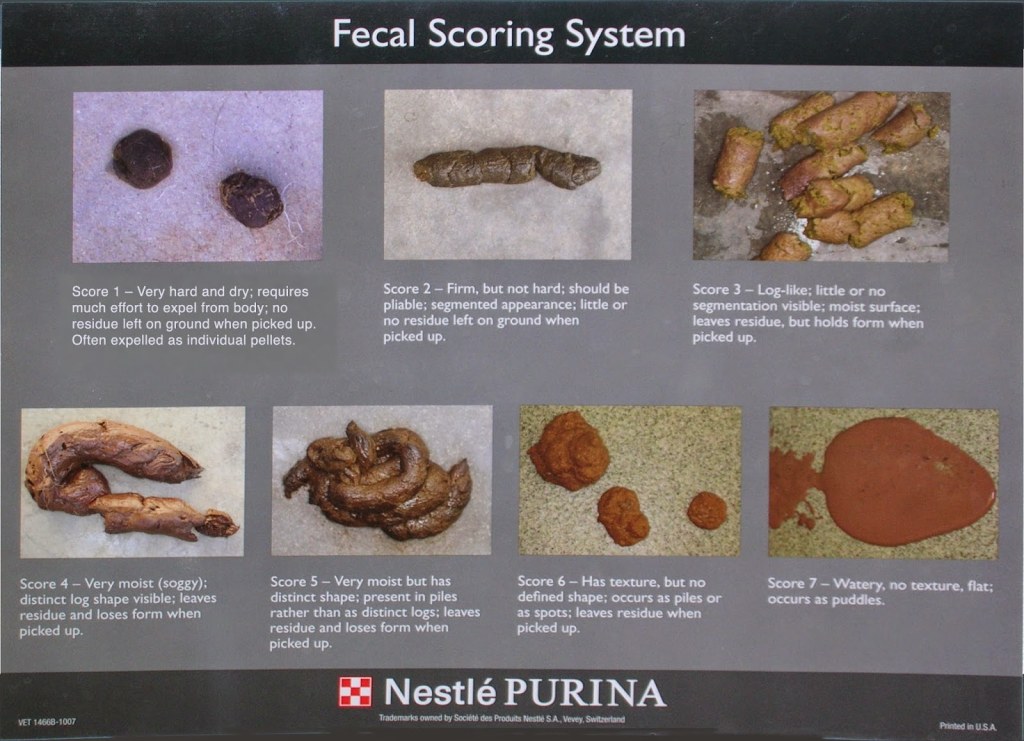
What Causes Diarrhea in Cats When Consuming Wet Food?
🔍 Diarrhea in cats can be caused by various factors when they consume wet food. It is essential to understand these causes to address the issue effectively. Here are some possible reasons:

Image Source: i0.wp.com
1. Sudden Diet Changes: Cats have sensitive stomachs, and introducing new wet food abruptly can lead to digestive upset and diarrhea. Gradual food transitions are recommended.
2. Food Allergies or Intolerances: Some cats may have allergies or intolerances to certain ingredients in wet food, such as grains, dairy, or specific proteins. Identifying and avoiding these triggers can help prevent diarrhea.

Image Source: blogspot.com
3. Poor Quality or Contaminated Food: Low-quality or contaminated wet food can cause gastrointestinal distress in cats, leading to diarrhea. It is crucial to choose reputable brands and ensure proper storage and handling of the food.
4. Overfeeding or Feeding Inappropriate Portions: Feeding your cat excessive amounts of wet food or not following the recommended portion sizes can overload their digestive system, resulting in diarrhea.
5. Underlying Health Issues: Diarrhea can be a symptom of an underlying health problem, such as parasites, infections, or gastrointestinal disorders. If the issue persists, consult a veterinarian for a proper diagnosis.
6. Sensitivity to Specific Ingredients: Some cats may have sensitivities to certain ingredients commonly found in wet food, such as carrageenan or artificial additives. Identifying and avoiding these triggers can help prevent diarrhea.
It is crucial to determine the specific cause of your cat’s diarrhea to address it appropriately and prevent further discomfort.
Who Is Affected by Wet Food-Related Diarrhea?
🐈 Wet food-related diarrhea can affect cats of all ages and breeds. However, some cats may be more prone to digestive issues than others. Cats with sensitive stomachs, food allergies, or pre-existing gastrointestinal conditions may be at a higher risk of developing diarrhea after consuming wet food. It is important to monitor your cat’s response to different types of food and make necessary adjustments to their diet.
When Does Diarrhea Occur in Cats After Eating Wet Food?
🗓️ The occurrence of diarrhea in cats after eating wet food can vary depending on the underlying cause. In some cases, diarrhea may develop within a few hours of consuming the food, while in others, it may take up to 48 hours to manifest. Monitoring your cat’s bowel movements and noting any patterns can help identify the specific timing of the diarrhea and provide valuable information to your veterinarian during diagnosis.
Where Can I Find High-Quality Wet Food for My Cat?
🏪 When it comes to choosing high-quality wet food for your cat, it is essential to consider reputable brands that prioritize the use of wholesome ingredients and follow proper manufacturing practices. You can find such wet food options at specialized pet stores, veterinary clinics, or trusted online retailers. Additionally, consult your veterinarian for specific recommendations tailored to your cat’s individual dietary needs.
Why Is Wet Food Beneficial for Cats Despite the Diarrhea Risk?
❓ Wet food offers several benefits for cats, making it a popular choice among cat owners despite the potential risk of diarrhea. Here are some reasons why wet food is beneficial:
1. Hydration: Wet food has a higher moisture content, helping keep your cat hydrated, especially if they have a low water intake.
2. Palatability: Many cats find wet food more appealing due to its texture and aroma, making it easier to entice finicky eaters or cats with dental problems.
3. Nutritional Balance: High-quality wet food is formulated to provide the necessary nutrients for a cat’s optimal health, including proteins, vitamins, and minerals.
4. Weight Management: Wet food can aid in weight management as it often has fewer calories per serving compared to dry food, helping prevent obesity in cats.
5. Urinary Health: The increased moisture content in wet food can support urinary tract health and help prevent issues such as urinary crystals or bladder stones.
Considering these benefits, wet food can be a valuable addition to your cat’s diet. However, it is important to address any diarrhea-related concerns promptly to ensure your cat’s well-being.
How Can I Prevent or Manage Diarrhea in Cats When Feeding Wet Food?
🔒 Preventing or managing diarrhea in cats when feeding wet food requires a proactive approach and a few simple steps. Here’s what you can do:
1. Gradual Food Transitions: When introducing a new wet food to your cat’s diet, gradually mix it with their existing food over a week to allow for a smoother transition and minimize digestive upset.
2. Identify and Avoid Food Triggers: If your cat exhibits diarrhea after consuming certain wet food ingredients, work with your veterinarian to identify and avoid these triggers. Allergy tests may be recommended.
3. Choose High-Quality Brands: Opt for wet food brands known for their quality and safety standards. Look for labels that indicate the use of natural, whole ingredients without artificial additives or fillers.
4. Portion Control: Follow the recommended portion sizes provided by the wet food brand or your veterinarian. Avoid overfeeding, as it can strain your cat’s digestive system and lead to diarrhea.
5. Monitor Your Cat’s Health: Regularly observe your cat’s overall health and bowel movements. If diarrhea persists or worsens, seek veterinary advice to rule out any underlying health conditions.
6. Consult Your Veterinarian: If you are unsure about the best wet food options or your cat’s specific dietary needs, consult your veterinarian. They can provide personalized recommendations based on your cat’s age, breed, health status, and preferences.
By implementing these preventive measures and closely monitoring your cat’s response to wet food, you can promote healthy digestion and minimize the risk of diarrhea.
Advantages and Disadvantages of Wet Food for Cats
👍👎 Wet food has its share of advantages and disadvantages when it comes to feline nutrition. Let’s explore both sides:
Advantages of Wet Food:
1. Increased Hydration: The high moisture content in wet food helps cats maintain proper hydration levels, reducing the risk of urinary tract issues.
2. Enhanced Palatability: The texture and aroma of wet food make it more appealing to cats, especially those with dental problems or picky eaters.
3. Nutritional Balance: High-quality wet food is formulated to provide cats with the necessary nutrients, including proteins, vitamins, and minerals, for overall health.
4. Weight Management: Wet food often has fewer calories per serving compared to dry food, making it suitable for weight management and preventing obesity.
5. Urinary Health Support: The increased moisture content in wet food helps maintain a healthy urinary tract and reduces the risk of urinary crystals or stones.
Disadvantages of Wet Food:
1. Short Shelf Life: Once opened, wet food should be consumed within a certain period to avoid spoilage and potential health risks.
2. Higher Cost: Wet food generally costs more than dry food, which can be a consideration for budget-conscious cat owners.
3. Dental Health Concerns: The soft texture of wet food may not provide the same dental benefits as dry food, potentially leading to dental issues if not supplemented adequately.
4. Messy and Odorous: Serving wet food can be messier and produce odors that some cat owners may find less desirable.
Understanding these advantages and disadvantages can help you make an informed decision about incorporating wet food into your cat’s diet.
Frequently Asked Questions (FAQs)
Q1: Can wet food alone cause diarrhea in cats?
A1: Wet food alone does not typically cause diarrhea in cats. However, certain factors such as sudden diet changes, food allergies, or poor quality food can contribute to digestive upset and diarrhea.
Q2: Should I be concerned if my cat has an occasional episode of diarrhea after eating wet food?
A2: Occasional episodes of diarrhea in cats can happen due to various reasons, including dietary changes or mild stomach upset. However, if the diarrhea persists or worsens, it is important to consult your veterinarian for a proper evaluation.
Q3: How can I transition my cat to a new wet food without causing diarrhea?
A3: To transition your cat to a new wet food, gradually mix the new food with their current food over the course of a week or more. This slow transition allows their digestive system to adjust and minimizes the risk of diarrhea.
Q4: Can wet food help with my cat’s hairball issues?
A4: Wet food may help with hairball issues as the increased moisture content can promote digestion and minimize hairball formation. However, consult your veterinarian for specific recommendations tailored to your cat’s needs.
Q5: Are there any home remedies to treat diarrhea in cats caused by wet food?
A5: While some home remedies may help alleviate mild diarrhea in cats, it is crucial to consult your veterinarian for proper guidance. Home remedies should never substitute professional veterinary care, especially if the diarrhea persists or is accompanied by other concerning symptoms.
Conclusion
📝 Diarrhea in cats after consuming wet food can be a troublesome issue for cat owners. By understanding the causes and implementing appropriate measures, you can help prevent and manage diarrhea effectively. Remember to introduce new food gradually, choose high-quality brands, monitor your cat’s health, and consult your veterinarian if necessary. With proper care and attention, you can ensure your cat’s digestive system stays healthy, and they continue to enjoy their meals without any discomfort.
Final Remarks
Disclaimer: The information provided in this article is for educational purposes only and should not substitute professional veterinary advice. If your cat is experiencing persistent diarrhea or any concerning symptoms, it is crucial to consult a veterinarian for an accurate diagnosis and appropriate treatment.
Remember to always prioritize your cat’s well-being and seek professional guidance when needed. Cats are unique individuals, and what works for one may not work for another. Careful observation, regular veterinary check-ups, and open communication with your veterinarian are key to ensuring a happy, healthy life for your beloved feline friend.
This post topic: Cats
